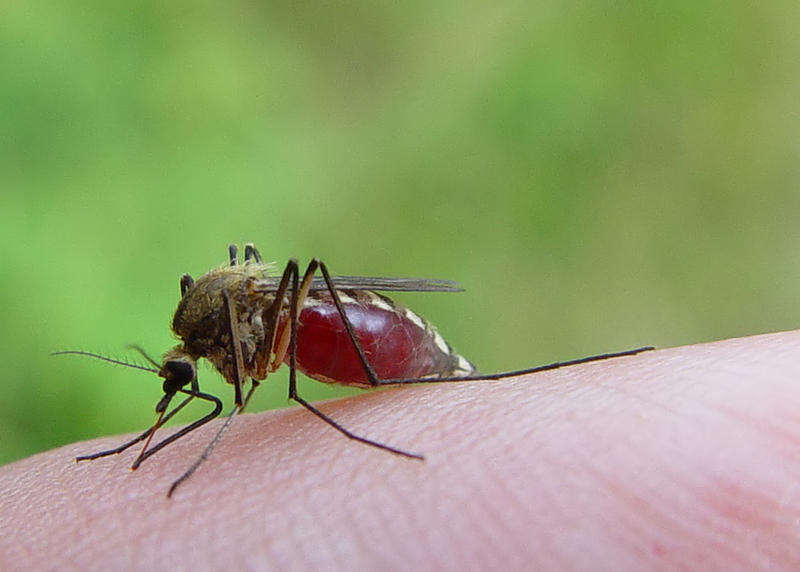In the USA ready GMO mosquitoes against ‘exotic’ diseases

Against ‘exotic’ diseases, but increasingly present also in western countries because they ‘travel’ on mosquitoes that are now familiar to us too, the traditional insecticides, now ‘popped up’, could leave room for far more technological weapons. After the experiments in areas contained in the Caymans and in Brazil, if the FDA will give its approval, it will be Florida to test GMO mosquitoes invented by the British company Oxitec in the field already this spring after five years of preparatory work.
The goal of the engineered insects are the mosquitoes of the genus Aedes Aegipti, close relatives of the tiger mosquito, which, driven by climate change, are also appearing in Europe. In Florida there have already been the first cases of diseases, and Key West County, the southernmost of the USA, is particularly worried in a suburb which could be the first release of millions of specimens. “After years of spray the mosquitoes have developed resistance to most insecticides – explains Michael Doyle, entomologist of the Mosquito control district, to the public broadcaster NPR -. Now we want to be the first in the US to try something new”.
Mosquitoes are always Aedes Aegipti engineered with the genes of two viruses, coral and cabbage. The resulting specimens give life to offspring that die before reaching adulthood. The plan is to release only males in the environment, who do not bite humans, allowing them to mate with ‘native’ females, thus transmitting all the genes acquired to the offspring and lowering the population. According to the company, up to 96% of the mosquito population was reduced in previous tests. “The specimens we release do not live very long,” explains Derric Nimo, Cao of Oxitec’s research. We have seen that after the tests, when we interrupt the release, the GM mosquitoes do not remain very long in the environment. ”
The mosquitoes produced by Oxitec are the first to have been tested in the field, but the idea of using GMO insects is pursued in different laboratories around the world. At Imperial College London, for example, the Italian Andrea Crisanti is working on engineered mosquitoes to get only male children to use to fight malaria. The experiment in Florida would also be useful to understand how the ‘western’ population would react to such an eventuality. So far, the surveys in Key West have seen 60% in favor, but a contrary petition on the Change.org website quickly received 150,000 signatures.


